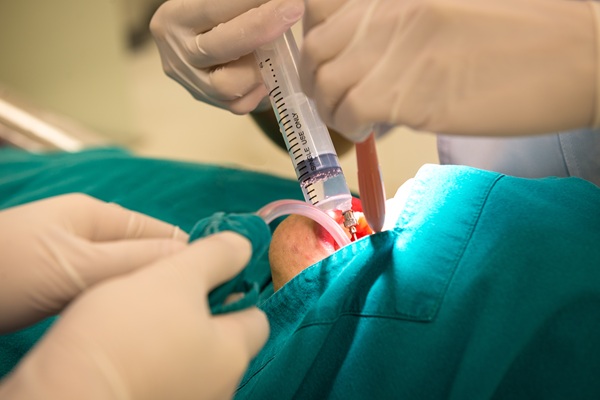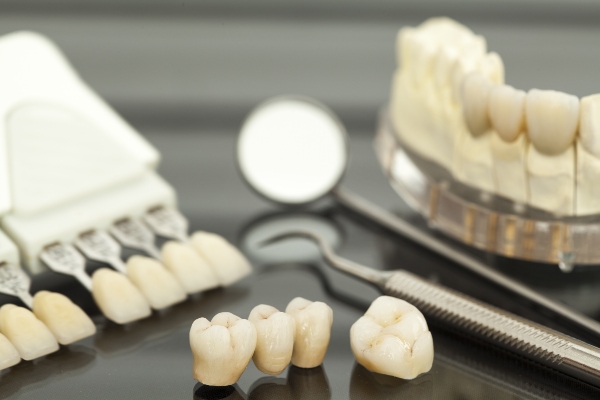When Is Oral Surgery Necessary? Common Procedures Explained

Oral surgery is a vital component of dental care, used to address complex oral health issues that require more than just routine dental procedures. While many people are familiar with dental cleanings and fillings, oral surgery becomes necessary when more invasive intervention is required. Understanding when oral surgery is necessary will help patients recognize the signs that may warrant such procedures and ensure they seek timely care to maintain their oral health.
Common situations requiring oral surgery
Several factors can lead to the need for oral surgery. These conditions range from trauma and infection to congenital issues or the progression of diseases. Oral surgery is often recommended when other treatments are ineffective, or conditions require a more targeted surgical approach. Below are some common situations where oral surgery may be necessary:
Tooth extraction
One of the most common reasons oral surgery is necessary is tooth extraction. This may be required when a tooth is severely decayed, damaged, or impacted. For example, wisdom teeth, the third set of molars, often must be removed due to impaction, infection, or lack of space in the mouth. In some cases, overcrowded teeth may require extraction to make room for orthodontic treatment or other dental procedures. In these cases, a general dentist or oral surgeon can perform the extraction, ensuring proper healing and recovery.
Dental implants
Dental implants are an increasingly popular solution for replacing missing teeth. Unlike traditional dentures or bridges, dental implants involve the placement of a titanium post into the jawbone to serve as a root for the replacement tooth. The process of placing a dental implant into the jaw requires oral surgery. It is often considered the most effective and durable method for tooth replacement, providing a permanent solution to missing teeth.
Treatment of oral infections
Severe infections in the mouth may require oral surgery to remove abscesses, cysts, or tumors. Dental infections can spread quickly if left untreated, potentially causing further damage to the teeth, gums, and jawbone. In some cases, surgical removal of the infected tissue is required to prevent the infection from worsening. The removal of abscesses, cysts, or tumors through oral surgery can help protect the surrounding tissues and prevent the infection from spreading to other parts of the body.
Corrective jaw surgery
Corrective jaw surgery may be necessary for patients with jaw misalignment. This procedure is typically performed to address conditions such as overbite, underbite, or other significant jaw alignment issues. Misaligned jaws can cause difficulty with chewing, speaking, and breathing. In these cases, oral surgery may be recommended to reposition the jaw, improving both function and appearance. This procedure can also help alleviate chronic pain caused by the misalignment.
Facial trauma and injury repair
Accidents or trauma to the face may cause fractures or dislocations of the jaw, teeth, or facial bones. Oral surgery is often required to repair these injuries, as traditional dental procedures may not be sufficient. In cases of broken or displaced teeth and fractures to the jawbone, oral surgeons are trained to use advanced techniques to restore the face and mouth to their natural state. Surgical intervention helps ensure proper healing and reduces the risk of complications, such as infection or misalignment.
Treatment for Temporomandibular Joint (TMJ) disorders
TMJ disorders can cause chronic pain and discomfort in the jaw and surrounding muscles. When conservative treatments such as physical therapy or medication do not alleviate the symptoms, oral surgery may be necessary. In severe cases, surgical procedures such as arthrocentesis or arthroscopy may be used to treat the affected joint. These procedures aim to restore proper function to the TMJ, relieving pain and improving the range of motion.
Recovery
Oral surgery recovery depends on the procedure and the patient’s overall health. While most people experience mild swelling or discomfort after surgery, these symptoms typically resolve within a few days. Patients may be prescribed pain medication or antibiotics to assist in the healing process and minimize the risk of infection. Carefully following post-operative instructions will help speed recovery and ensure the best possible outcome.
Learn more today
Oral surgery is necessary when dental issues are too complex or severe to be treated through routine procedures. From tooth extractions and dental implants to jaw surgery and injury repair, oral surgery offers effective solutions to a wide range of dental conditions. If you are experiencing any of the conditions outlined above, it is essential to consult with a dental professional to discuss potential oral surgery options.
To schedule a consultation, request an appointment on our website at https://www.martinimplants.com or call Martin Dentistry at (209) 299-7907 for an appointment in our Stockton office.
Check out what others are saying about our dental services on Yelp: Oral Surgery in Stockton, CA.
Related Posts
Single-tooth replacement is important for oral health and the appearance of the smile. The dental bridge is one of the most popular options for individual tooth replacement. Here is a closer look at why single-tooth replacement is crucial and the advantages of a dental bridge.Having just one missing tooth visible when smiling can make someone…
A dental bridge is not a permanent restoration despite the changes that the neighboring natural teeth will go through for the treatment. However, there are different types available, each one capable of meeting your dental needs. Your dentist can present both permanent and removable options. Here are the details on the impermanence of a dental…
Both dental bridges and implants are popular, effective tooth replacement solutions. However, there are cases in which a general dentist may recommend a dental bridge over implants. This may be due to the number of teeth missing, their location, and the strength of the underlying jawbone, among other factors. Understanding how each of these treatments…
Choosing full mouth reconstruction can restore function, comfort, and confidence when many teeth need care. This coordinated plan addresses decay, wear, missing teeth, and gum problems in a logical order. With clear steps and a skilled provider, treatment becomes manageable and predictable. Understanding the process helps you make informed choices and stay motivated from start…


